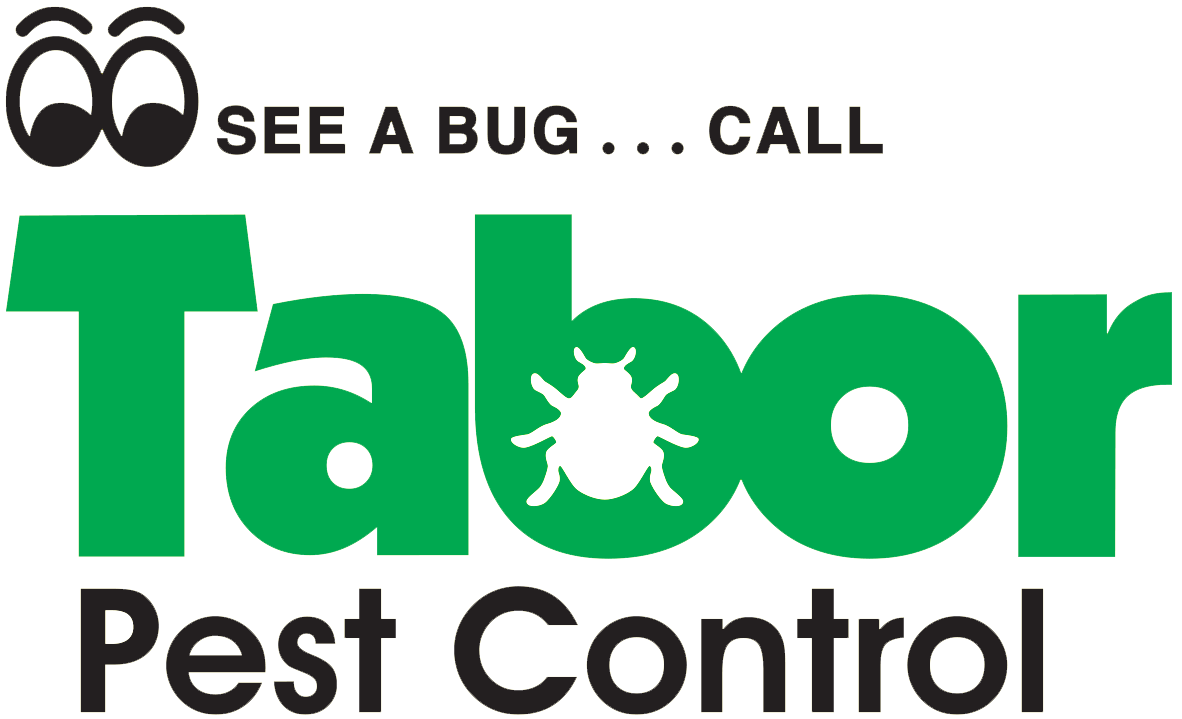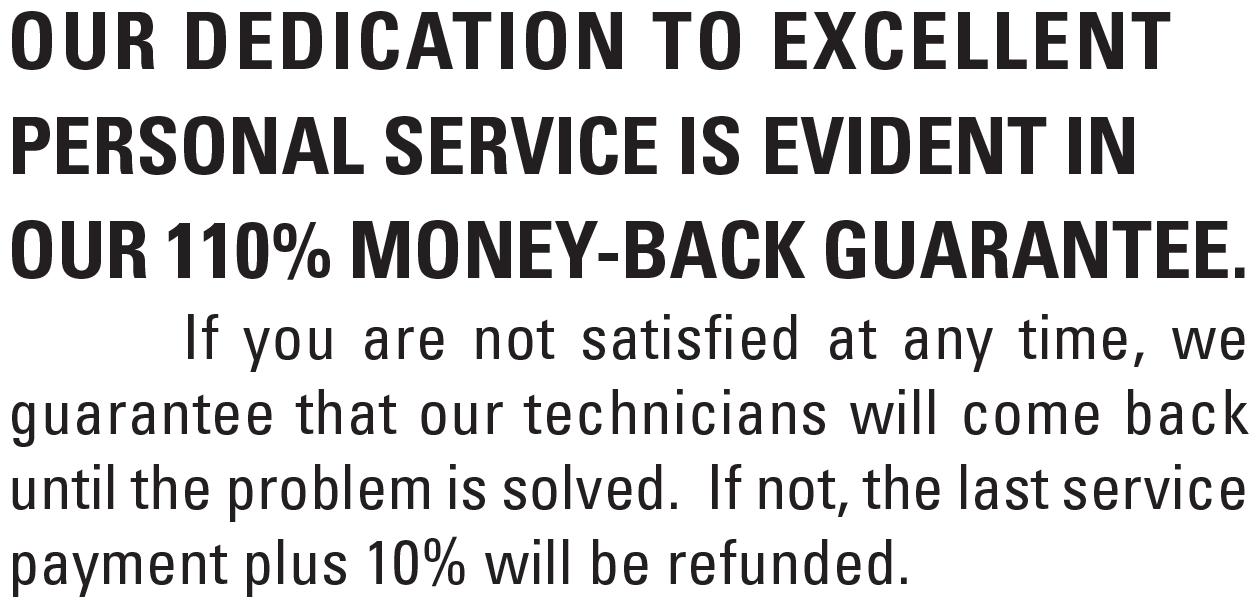Commercial Termite Control: 5 Must-Know Tips for Commercial Termite Control
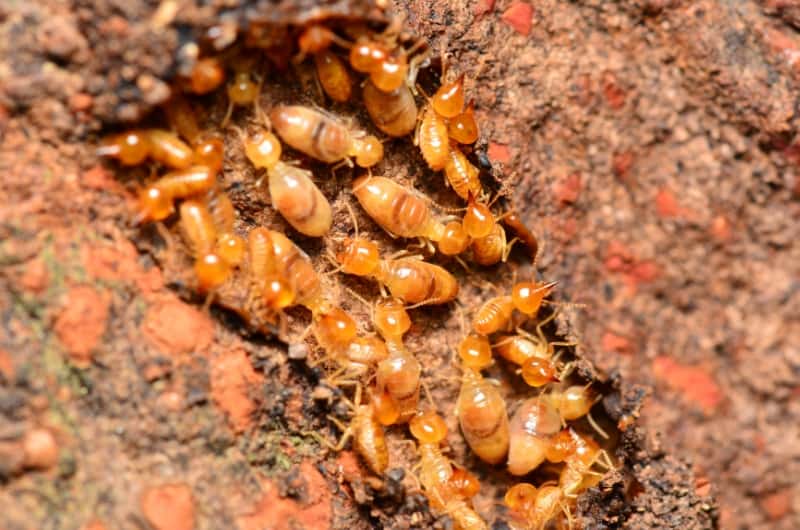
Termites can be devastating to any business, causing extensive damage to your property and creating an unsafe work environment.
In order to prevent this and keep your business safe from these pests, it is crucial to understand a little bit about the insects themselves and how to get rid of termites from your commercial property.
Importance of Termite Control for Businesses
Repair Costs
The most direct impact of termite infestations on unlucky businesses is the cost of repairs. Termites can be highly destructive and can cause extensive structural damage.
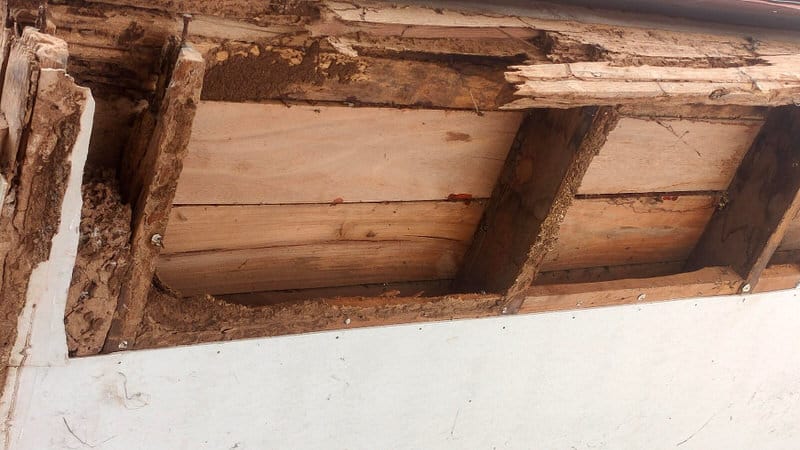
Wood is a primary food source for termites. So, the longer they are present in a building, the more damage they will cause.
Business Closures
Termites are also known to cause significant indirect problems, like closures. Damaged property may no longer be fit for business operations and may need to be closed during repairs.
This can negatively affect both revenue and reputation if not quickly resolved.
Decreasing Property Values
A termite infestation can also discourage future buyers from investing in a property because of concern for potential lasting damage.
How to Prevent an Infestation
The best way to avoid termite problems is never to allow them onto your property in the first place.
Here are some easy steps to deter these pests:
- Do not allow excess moisture or sitting water to remain in the building
- Minimize wood-to-ground contact by putting your building on a slab that is above ground level
- Ensure proper ventilation and seal all cracks and crevices
- Store all wooden materials, organic waste, and untreated wood away from the building
Signs of an Infestation at Your Workplace
Early detection is crucial to deal with a termite infestation before it gets out of control. Luckily, there are several signs that you can look for.
1. Mud tubes
Termites build these tubes using soil, wood, and other debris to create a pathway from their colony to the food source.
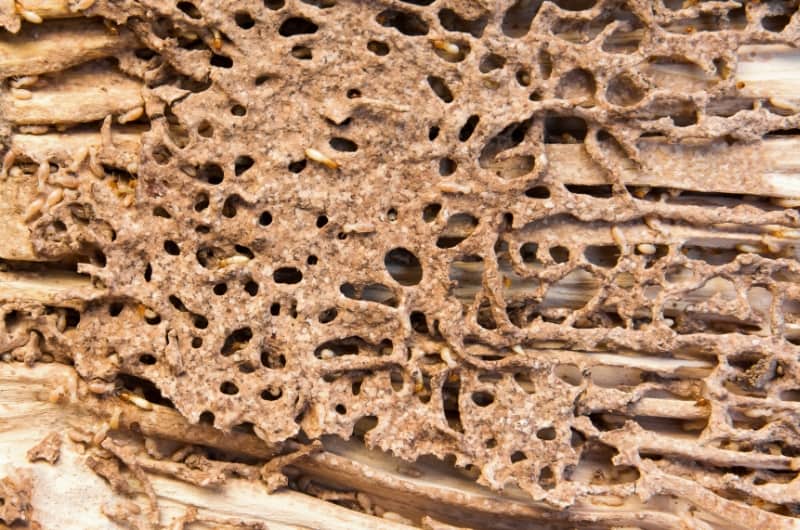
Look for them around the foundation of your building, as well as on walls and other wooden structures.
2. Discarded wings
Keep an eye out for piles of discarded wings near doors, windows, and other entry points. This is often one of the first signs that termites have settled into your property.
3. Wood damage
Termites feed on wood, so check for any signs of damage in vulnerable areas like wooden beams, furniture, and storage structures. Inspect these by probing them with a screwdriver – if the wood feels spongy or sounds hollow, it may be infested.
If you do observe any of these signs on your property, it is important to deal with the situation quickly.
Contact us at Tabor Pest Control to conduct a professional inspection and develop a treatment plan.
Commercial Termite Treatment Solutions
Every termite infestation can be a little different, so it’s important for us to work with you to develop a personalized treatment plan.
The process will, of course, start with a professional inspection. After that, there are many treatment methods that can be used to address a termite issue.
Here are some of the most common treatment methods:
1. Liquid treatments
Typically, it involves the use of a liquid termiticide, which is applied to the soil around the building’s foundation to create a protective barrier. Liquid treatments can be highly effective in preventing termite infestations and eliminating existing ones.
2. Bait systems
Involve placing bait stations around your property, which contain a termite-attractive substance infused with a slow-acting insecticide.
Termites feed on the bait and bring it back to their colony, eventually killing the entire infestation.
3. Direct chemical treatments
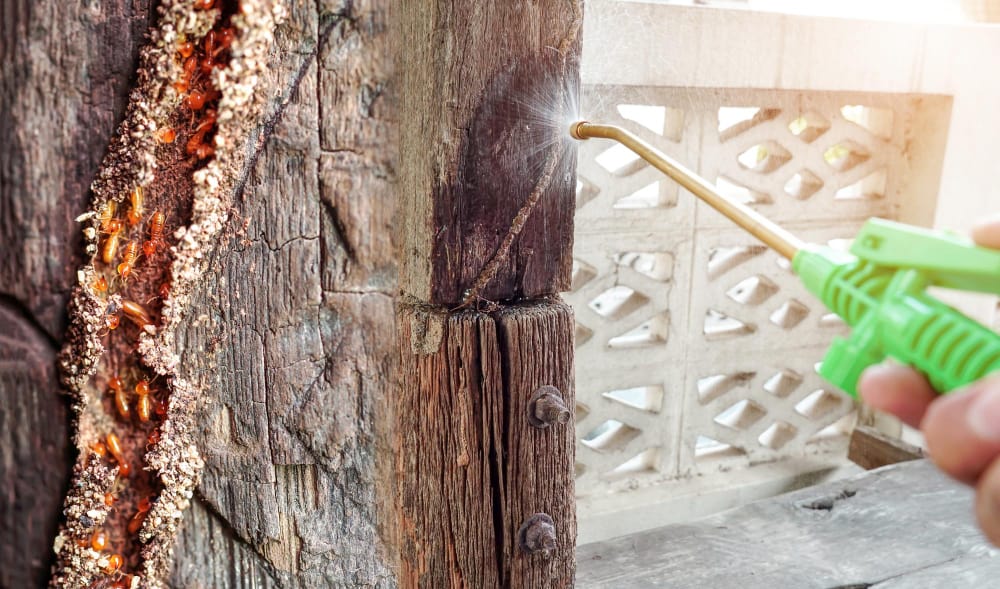
Involve injecting chemicals, such as foams or dusts, directly into termite-infested areas to eliminate the pests. These treatments can be particularly effective for localized infestations.
4. Physical barriers
Involve installing physical barriers, such as metal, mesh, or plastic, around the foundation or other vulnerable areas to prevent termites from reaching the structure. While not a standalone treatment, physical barriers can be a useful addition to other termite control methods.
5. Natural treatments
Examples of options can include introducing predator insects like nematodes, encouraging natural termite predators like birds or ants, or using botanical termiticides.
While natural treatments may not be as effective as chemical options, they can be a safe and eco-friendly choice. Choosing the right treatment approach will not only solve your current problem but will also prevent future issues.
You want a commercial pest control company that has experience working with similar situations and that is able to address your personal needs.
Tabor Pest Control has been providing high-quality commercial termite control services to the Southern Alabama area for over 60 years.
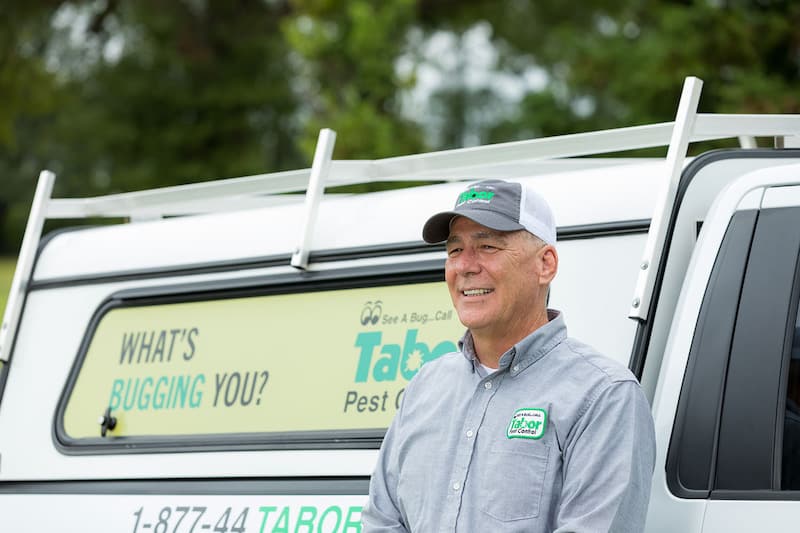
We pride ourselves on our customer service and our personalized approach to doing business.
FAQs
What are the most effective methods for commercial termite extermination?
There are several proven methods for commercial termite extermination. The most common methods include liquid barrier treatments, baiting systems, and fumigation.
Liquid barrier treatments involve applying a chemical solution to the soil surrounding your property, which prevents termites from accessing the building.
Baiting systems use strategically placed bait stations to attract and kill termites.
Fumigation is reserved for severe infestations and involves sealing off your property and filling it with a gas that kills termites.
Which chemicals are commonly used in professional termite treatment?
Professional termite treatment often involves the use of chemicals such as fipronil, imidacloprid, and chlorantraniliprole. These are insecticides specifically designed to target termites while having minimal impact on the environment and other creatures.
It’s crucial to follow the guidelines and safety protocols associated with these chemicals to ensure effective and responsible termite control.
What are the costs associated with commercial termite control services?
the cost of commercial termite control services can vary significantly depending on factors such as the size of your property, the extent of the infestation, and the treatment methods used.
Typically, businesses can expect to spend anywhere from a few hundred to several thousand dollars for termite control services.
How often should businesses have termite inspections and treatments?
The frequency of termite inspections and treatments depends on factors such as your property’s location, level of risk, and history of termite infestations.
As a general guideline, most businesses (like restaurants) should have a termite inspection at least once a year, with more frequent inspections recommended in high-risk areas or properties with a history of infestations.
Regular inspections and treatments help ensure early detection and management of termite problems, preventing costly damage and disruptions to your business.
What certifications or licenses are required for commercial pest control technicians?
In most regions, commercial pest control technicians should have specific certifications or licenses to legally provide termite control services.
These requirements may vary depending on local regulations. Generally, technicians must complete a combination of classroom education and on-the-job training and pass exams to become certified or licensed.
It’s essential to verify that the pest control company you choose employs qualified and trained technicians who meet the necessary requirements for your region.
Are the chemicals used in termite treatments safe for my staff and customers?
Termite control chemicals are generally safe when applied by trained professionals according to label instructions.
However, it’s crucial to inform your staff and customers about the treatment, take necessary precautions, and follow any safety guidelines provided by the pest control provider to minimize exposure risks.
What is the difference between termite control for new constructions vs. existing buildings?
Termite control for new constructions often involves pre-construction preventive measures, such as installing physical barriers or treating the soil.
For existing buildings, termite control focuses on inspections, identifying infestations, and implementing treatment options, such as baiting systems or soil treatments, to eliminate termites.
How long does a typical commercial termite treatment last?
The duration of termite treatment effectiveness can vary based on factors like the treatment method, type of termites, and environmental conditions.
Some treatments provide protection for several years, while others may require regular maintenance to remain effective. Your pest control provider can offer specific information based on your situation.
Can termite infestations affect the value of a commercial property?
Yes, termite infestations can potentially impact the value of a commercial property. If left unaddressed, termites can cause structural damage and require costly repairs.
Sellers are often required to disclose termite issues, which can affect negotiations and property values.
Regular termite inspections and proactive control measures can help protect property values.
